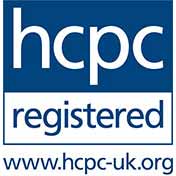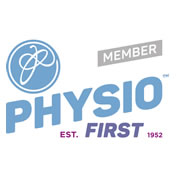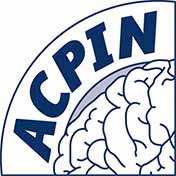Transverse Myelitis is a rare disorder of the spinal cord in which inflammation occurs, causing ‘de-myelination’ across a specific level of the cord. Inflammation across the spinal cord may be triggered by a virus or an infection, a systemic disease such as lupus or sarcoidosis or, from an auto-immune response where the body begins to ‘attack’ itself.
The inflammation of the spinal cord can cause varying levels of nerve pain, muscle weakness, sensory loss and autonomic impairment, depending upon the level of the spinal cord affected. In general, the higher up the spinal cord the inflammation occurs, the more severe the presentation, as damage to a specific level of the cord affects not just that segment, but all the segments below, and often affects the function of the bladder and bowel.
 Recovery varies depending upon the underlying cause, the level and severity of the inflammation, and the rate of onset of the inflammation. In general the faster the onset of the symptoms, the more aggressive the process, and the more severe the presentation is. The recovery timeframe can be anywhere from two weeks to three months, and may continue for up to two years. However, optimal recovery occurs within the first three to six months.
Recovery varies depending upon the underlying cause, the level and severity of the inflammation, and the rate of onset of the inflammation. In general the faster the onset of the symptoms, the more aggressive the process, and the more severe the presentation is. The recovery timeframe can be anywhere from two weeks to three months, and may continue for up to two years. However, optimal recovery occurs within the first three to six months.
A large proportion of individuals with Transverse Myelitis will recover well, with minimal or no residual muscle weakness or bladder and bowel dysfunction. Those who have a more severe form of the condition may be left with long-term muscle weakness, spasticity, sensory impairment and bladder and bowel issues. Unfortunately, in the worst cases, the individual may be unable to walk or move and require a wheelchair and daily care.
Currently there is no cure for this disorder, and management is aimed at reducing the inflammation, rest, treating any underlying conditions, and rehabilitating the physical and emotional issues that arise from suffering with this neurological condition. Pain management is often a necessary component of the overall management of Transverse Myelitis.
Physiotherapy intervention
Physiotherapy input may provide the necessary tools to help with pain management and aid the physical and functional recovery of an individual with Transverse Myelitis, alongside input from Occupational Therapists and Counsellors as required. It may be required for short-term rehabilitation, or over the longer term, depending upon the severity of the condition and the individual’s needs.
Physiotherapy intervention may include:
- Massage / manual therapy techniques to relieve muscle tension, prevent contractures and help with relaxation and pain relief
- Strengthening exercises, balance and co-ordination rehabilitation
- Functional rehabilitation
- Gait re-education
- Acupuncture
- Advice and support to individuals and their family / carers
If you are recovering from Transverse Myelitis, or you are caring for a family member who has this condition and would like to speak with one of our team, please do not hesitate to get in touch. We will listen to your concerns and your needs, and offer advice as to what we can do to help you. You are under no obligation to book a full assessment, our team is happy to discuss your issues over the telephone and provide you with information about our services. Should you wish to make an appointment, we can arrange for this to take place at one of our clinics, or we can organise an initial assessment within the comfort of your own home.





